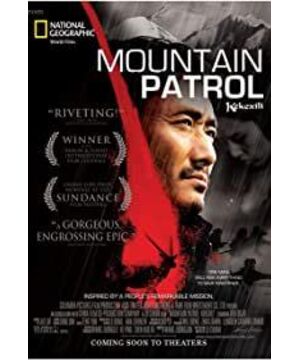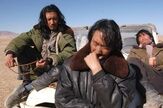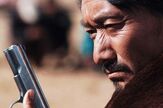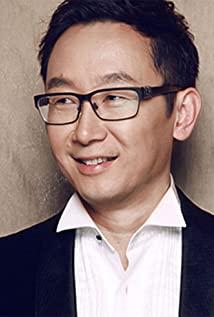Lu Chuan: I feel very calm. First of all, this award is an affirmation of "Kekexili" and the efforts of our creators and staff. But making movies is not about winning awards. I watched "Whiskey", which won the Golden Unicorn Award. It was a very perfect and wonderful film festival film, and the award deserved its name. In addition, like "Dandelion" is also quite good. It's normal for anyone to win.
Q: In "Kekexili", there are no star actors, many are amateur actors, but their overall performance is convincing. What is your experience as a director?
Lu: I think that amateur actors should not be allowed to act, but try to explore their instinctive movements. The director needs to concretize the content of the performance and let the actors do it. I think amateur actors may be more comfortable for the director than using professional actors. They will slowly become trusting the camera and start designing their own movements. Many Tibetans and local compatriots of all ethnic groups can sing and dance well by themselves. There are also talented amateur actors, such as the old man Ma Zhanlin in the film.
Q: Choosing the Qinghai-Tibet Plateau as the background of the story, it is easy to suspect that you will deliberately display folk wonders, and at the same time worry that the creator will show overconfidence of a strong culture. From the video, you basically avoid these problems.
Lu: In my creative project, in my communication with professionals such as artists and props, I have repeatedly emphasized that it is absolutely not allowed to engage in pseudo-folklore, and it is not allowed to symbolize characters. For example, in the clothing of the mountain patrol team, I was absolutely not allowed to wear Tibetan robes, but replaced them with old and tattered uniforms similar to military and police uniforms, making them look like a guerrilla. They can be Tibetans, but also other ethnic groups. In fact, wearing a uniform seems to them to mean an indescribable sense of superiority, in line with the psychological characteristics of the characters.
Q: You came from a literary family. How did your family upbringing affect you as a film director? What is the relationship between literature and film in your opinion?
Lu: My family has no practical help for me to become a director, except for literary influence. The collection of more than 10,000 books at home provides me with abundant reading food. However, I think the movie has its greater power because the audience can be illiterate. However, as an artistic creation, the core of the film should be the concern for people. It can be said that a film must have a literary spirit, and a director with a literary spirit can have a longer artistic life.
Q: What is your third work next?
Lu: "Inglis", based on Wang Gang's novel of the same name, is set in Xinjiang before and after the Cultural Revolution. I was born there and have many unforgettable memories.
Q: In your works, "Inglis" and "Looking for Gun" are adaptations of other people's novels, and "Kekexili" is a script written by yourself. Which of the two methods do you prefer?
Lu: I might be more inclined towards adaptation. The process of creating by yourself is relatively long and full of uncertain factors, which is a bit like going through a minefield. However, the way of adaptation allows you to borrow the results of other people's spiritual labor. Of course, as a director, you must have your own spiritual world, and you need to have the ability to "borrow the dead".
Q: Your works are located in Guizhou, Qinghai-Tibet and Xinjiang, which are all remote areas in China, so you never thought about going back to the city?
Lu: Sure. I'm definitely going back to the city, but I'll have to wait until my film knowledge is solidified. In the face of the current city life, I feel a strong sense of floating. If the root is not there, I may get lost.
View more about Mountain Patrol reviews










